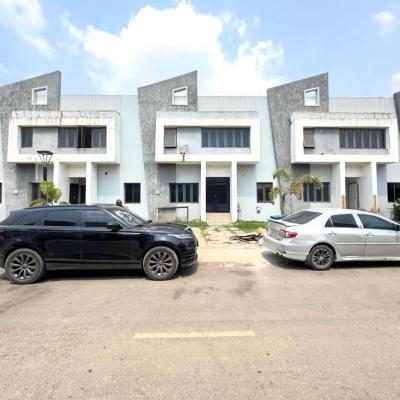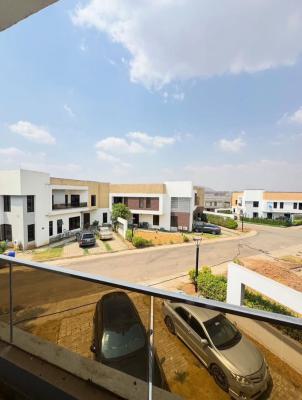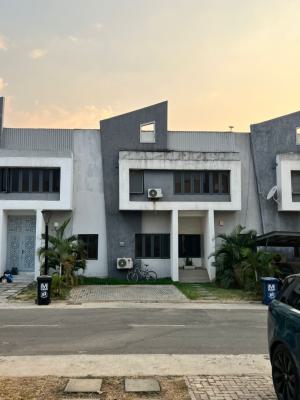Houses for Rent in Godab Estate, Abuja
Quick Filters
Bedrooms Subtypes
- Block of Flats|
- Terraced Duplexes|
- Terraced Bungalows|
- Semi-detached Bungalows|
- Detached Bungalows|
- Semi-detached Duplexes|
- Detached Duplexes
- Abuja Kaduna Zaria Expressway|
- Airport Road|
- Brains and Hammers Estate|
- Centage Estate|
- Citec Estate|
- Cooperative Estate|
- Efab Estate|
- Estates|
- Fafu Estate|
- Faplins Estate|
- Fynestone Estate|
- Godab Estate|
- Gwarimpa Estate|
- Kafe Garden Estate|
- Kings Park Estate|
- Kingstown Estate|
- Peace Court Estate|
- Platinum City Estate|
- Prince and Princess Estate|
- Same Global Estate|
- Southend Estate|
- Suncity Estate|
- Sunnyvale Estate|
- Verizon Estate|
- Villa Nova Estate|
- Wonderland Estate
4
4 bedroom terraced duplex for rent
Lifecamp Main By Godab Estate, Life Camp, Abuja ₦9,500,000 per annum3 bedroom terraced duplex for rent
Near Hall 7 Estate By Godab Estate, Life Camp, Abuja ₦8,000,000 per annumWhat is the average price of houses for rent in Godab Estate, Abuja?
The average price of houses for rent in Godab Estate, Abuja is ₦9,500,000 per annum.
What is the price of the most expensive houses for rent in Godab Estate, Abuja?
The price of the most expensive houses for rent in Godab Estate, Abuja is ₦15,000,000 per annum.
What is the price of the cheapest houses for rent in Godab Estate, Abuja?
The price of the cheapest houses for rent in Godab Estate, Abuja is ₦8,000,000 per annum.
How many houses for rent in Godab Estate, Abuja are available?
There are 4 available houses for rent in Godab Estate, Abuja.
You can view and filter the list of property by price, furnishing and recency.




